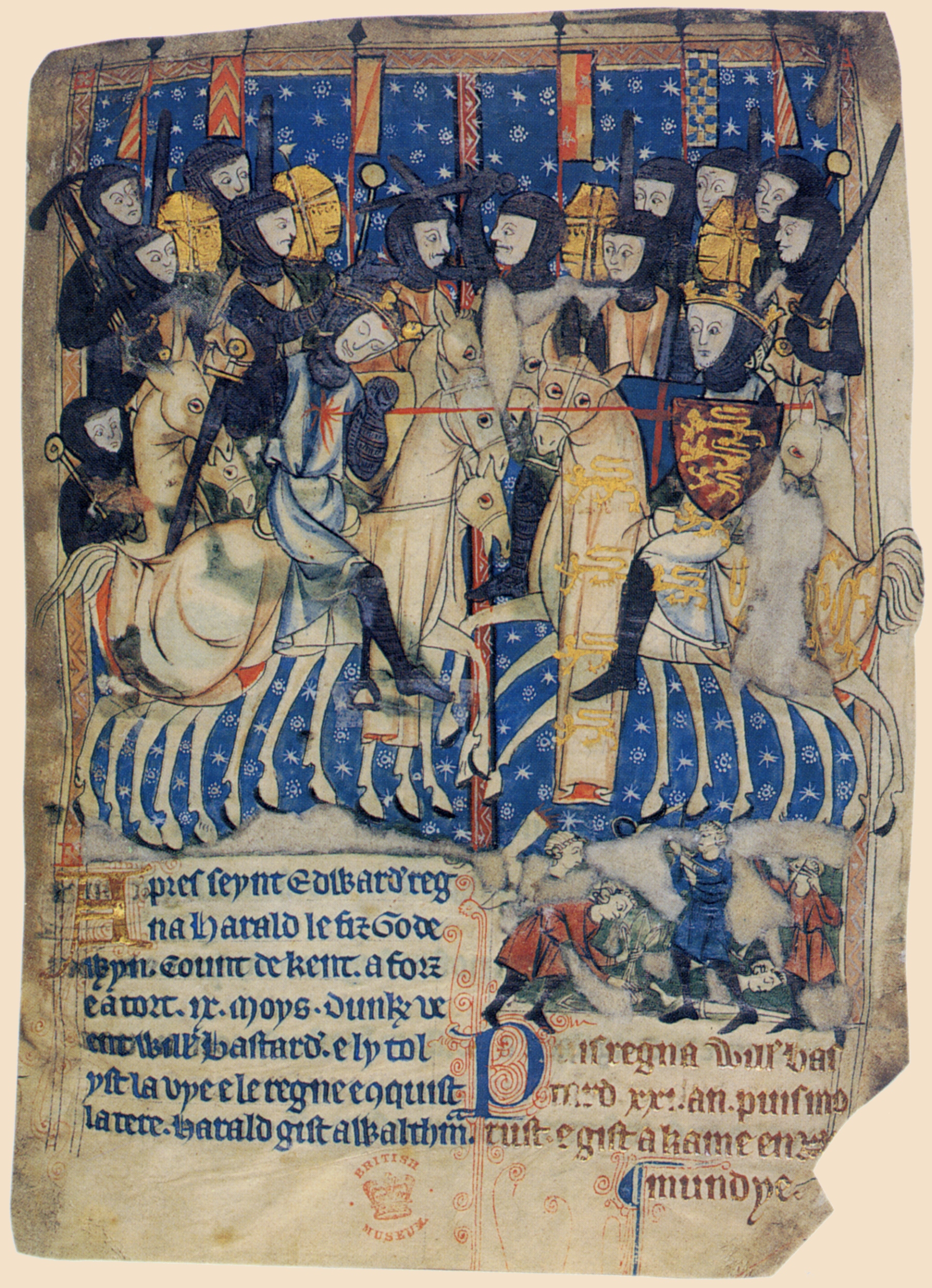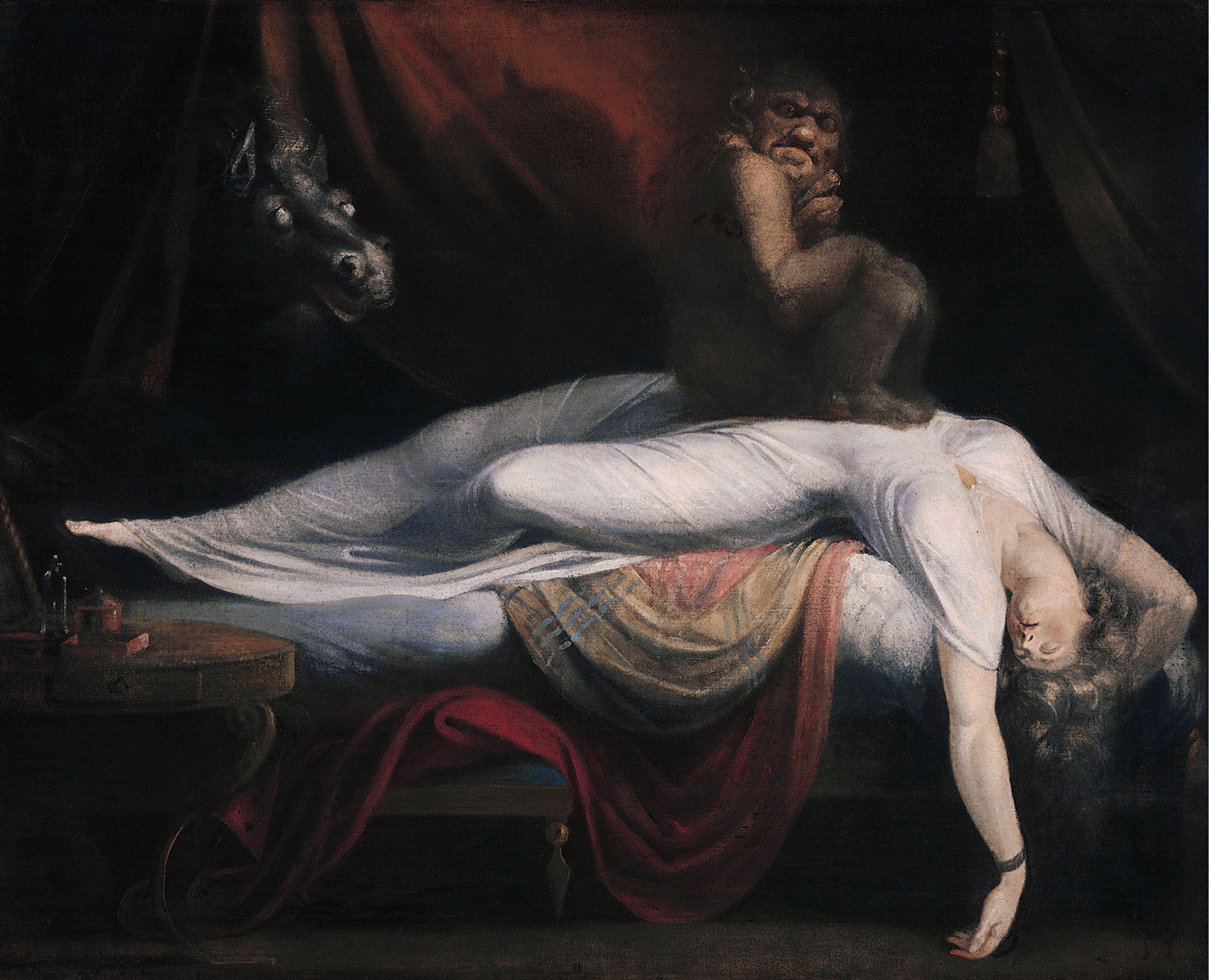|
Lionel Britton
Lionel Erskine Nimmo Britton (4 November 1887 – 9 January 1971) was a British working-class author. Biography Lionel Britton was born at Astwood Bank, on the borders of Warwickshire and Worcestershire. His father was a solicitor in the village, although the practice collapsed the year after Lionel's birth. Following the death of his father six years later, Lionel and his siblings went to live with their grandparents in Redditch. Britton claimed that the National school he briefly attended in Redditch called him 'too advanced', so he educated himself for a while at his grandfather's house in Hewell Road, before escaping from the family. After existing in Birmingham for a week on just a loaf of bread, he left for London, where his first job was as an errand-boy in a greengrocer's shop, and later in an educational bookshop connected with the University Tutorial College, where one of his literary heroes, H. G. Wells, was once a tutor. He later claimed that his universities were, as ... [...More Info...] [...Related Items...] OR: [Wikipedia] [Google] [Baidu] |
Astwood Bank
Astwood Bank is a district within Redditch. Astwood Bank is near the Warwickshire - Worcestershire border, near villages such as Studley, Sambourne, Callow Hill, Feckenham, and Cookhill. Astwood Bank is noted for its successful cricket team, who have twice played at Lord's in the National Village Knock Out Final. The A441 Evesham Road is the main trunk road through Astwood Bank from Redditch. Astwood Bank has an annual carnival. The carnival has been a big part of the village for over 30 years. History Church Residents held church services in the local school until a church was built in 1883–84. The foundation stone was laid by Lady Georgina Vernon of Hanbury Hall. The church of St. Matthias & St. George was originally designed by W. J. Hopkins as a large church with a south tower, only the east end was completed by him in 1884. The nave was added by W. Cogswell in 1911 and consecrated by Bishop Louis Mylne. The tower was never built hence the deep sloping roof. ... [...More Info...] [...Related Items...] OR: [Wikipedia] [Google] [Baidu] |
Carbondale, Illinois
Carbondale is a city in Jackson and Williamson Counties, Illinois, United States, within the Southern Illinois region informally known as "Little Egypt". The city developed from 1853 because of the stimulation of railroad construction into the area. Today the major roadways of Illinois Route 13 and U.S. Route 51 intersect in the city. The city is southeast of St. Louis, on the northern edge of the Shawnee National Forest. Carbondale is the home of the main campus of Southern Illinois University (SIU). As of the 2020 census, the city had a population of 25,083, making it the most populous city in Southern Illinois outside the St. Louis Metro-East region. History In August 1853, Daniel Harmon Brush, John Asgill Conner, and Dr. William Richart bought a parcel of land between two proposed railroad station sites ( Makanda and De Soto) and two county seats ( Murphysboro and Marion). Brush named Carbondale for the large deposit of coal in the area. The first train through Carbondale ... [...More Info...] [...Related Items...] OR: [Wikipedia] [Google] [Baidu] |
Guest House (lodging)
A guest house (also guesthouse) is a kind of lodging. In some parts of the world (such as the Caribbean), guest houses are a type of inexpensive hotel-like lodging. In others, it is a private home that has been converted for the exclusive use of lodging. The owner usually lives in an entirely separate area within the property and the guest house may serve as a form of lodging business. Overview In some areas of the world, guest houses are the only kind of accommodation available for visitors who have no local relatives to stay with. Among the features which distinguish a guest house from a hotel, or inn is the lack of a full-time staff. Bed and breakfasts and guest houses in England are family owned and the family lives on the premises though family members are not normally available during the evening. However, most family members work a 10- to 12-hour day from 6 am as they may employ part-time service staff. Hotels maintain a staff presence 24 hours a day and 7 days a week, ... [...More Info...] [...Related Items...] OR: [Wikipedia] [Google] [Baidu] |
The Ragged Trousered Philanthropists
''The Ragged-Trousered Philanthropists'' (1914) is a semi-autobiographical novel by Irish house painter and sign writer Robert Noonan, who wrote the book in his spare time under the pen name Robert Tressell. Published after Tressell's death from tuberculosis in the Liverpool Royal Infirmary in 1911, the novel follows a house painter's efforts to find work in the fictional English town of Mugsborough (based on the coastal town of Hastings) to stave off the workhouse for himself, his wife and his son. The original title page, drawn by Tressell, carried the subtitle: "Being the story of twelve months in Hell, told by one of the damned, and written down by Robert Tressell." Grant Richards Ltd. published about two-thirds of the manuscript in April 1914 after Tressell's daughter, Kathleen Noonan, showed her father's work to her employers. The 1914 edition not only omitted material but also moved text around and gave the novel a depressing ending. Tressell's original manuscript was fi ... [...More Info...] [...Related Items...] OR: [Wikipedia] [Google] [Baidu] |
Robert Tressell
Robert Noonan (17 April 1870 – 3 February 1911), born Robert Croker and best known by the pen name Robert Tressell, was an Irish writer best known for his novel ''The Ragged-Trousered Philanthropists''. Tressell spent his entire early adult working life in South Africa. It was in Johannesburg that he was drawn into labour organisation and socialist politics. In Johannesburg, he was also involved with some of the leading protagonists of Irish nationalism. Having arrived back in England he worked as a painter and decorator in Hastings and wrote his novel ''The Ragged Trousered Philanthropists'', probably between 1906 and 1910, 'about exploitative employment when the only safety nets are charity, workhouse and grave.' George Orwell called it a wonderful book. Early life Noonan was born in 37 Wexford Street, Dublin, Ireland, the illegitimate son of Samuel Croker, a former Inspector of the Royal Irish Constabulary, who by the time of the birth was a retired Resident Magistrate ... [...More Info...] [...Related Items...] OR: [Wikipedia] [Google] [Baidu] |
Hastings
Hastings () is a large seaside town and borough in East Sussex on the south coast of England, east to the county town of Lewes and south east of London. The town gives its name to the Battle of Hastings, which took place to the north-west at Senlac Hill in 1066. It later became one of the medieval Cinque Ports. In the 19th century, it was a popular seaside resort, as the railway allowed tourists and visitors to reach the town. Today, Hastings is a fishing port with the UK's largest beach-based fishing fleet. It has an estimated population of 92,855 as of 2018. History Early history The first mention of Hastings is found in the late 8th century in the form ''Hastingas''. This is derived from the Old English tribal name '' Hæstingas'', meaning 'the constituency (followers) of Hæsta'. Symeon of Durham records the victory of Offa in 771 over the ''Hestingorum gens'', that is, "the people of the Hastings tribe." Hastingleigh in Kent was named after that tribe. The place n ... [...More Info...] [...Related Items...] OR: [Wikipedia] [Google] [Baidu] |
Nightmare
A nightmare, also known as a bad dream, Retrieved 11 July 2016. is an unpleasant dream that can cause a strong emotional response from the mind, typically fear but also despair, anxiety or great sadness. The dream may contain situations of discomfort, psychological or physical terror, or panic. After a nightmare, a person will often awaken in a state of distress and may be unable to return to sleep for a short period of time. Recurrent nightmares may require medical help, as they can interfere with sleeping patterns and cause insomnia. Nightmares can have physical causes such as sleeping in an uncomfortable position or having a fever, or psychological causes such as stress or anxiety. Eating before going to sleep, which triggers an increase in the body's metabolism and brain activity, can be a potential stimulus for nightmares. The prevalence of nightmares in children (5–12 years old) is between 20 and 30%, and for adults is between 8 and 30%. In common language, the meani ... [...More Info...] [...Related Items...] OR: [Wikipedia] [Google] [Baidu] |
Utopian
A utopia ( ) typically describes an imaginary community or society that possesses highly desirable or nearly perfect qualities for its members. It was coined by Sir Thomas More for his 1516 book ''Utopia'', describing a fictional island society in the New World. However, it may also denote an intentional community. In common parlance, the word or its adjectival form may be used synonymously with "impossible", "far-fetched" or "deluded". Hypothetical utopias focus on—amongst other things—equality, in such categories as economics, government and justice, with the method and structure of proposed implementation varying based on ideology. Lyman Tower Sargent argues that the nature of a utopia is inherently contradictory because societies are not homogeneous and have desires which conflict and therefore cannot simultaneously be satisfied. To quote: The opposite of a utopia is a dystopia or cacotopia. Utopian and dystopian fiction has become a popular literary category. Despite bei ... [...More Info...] [...Related Items...] OR: [Wikipedia] [Google] [Baidu] |
Defense (military)
A military, also known collectively as armed forces, is a heavily armed, highly organized force primarily intended for warfare. It is typically authorized and maintained by a sovereign state, with its members identifiable by their distinct military uniform. It may consist of one or more military branches such as an army, navy, air force, space force, marines, or coast guard. The main task of the military is usually defined as defence of the state and its interests against external armed threats. In broad usage, the terms ''armed forces'' and ''military'' are often treated as synonymous, although in technical usage a distinction is sometimes made in which a country's armed forces may include both its military and other paramilitary forces. There are various forms of irregular military forces, not belonging to a recognized state; though they share many attributes with regular military forces, they are less often referred to as simply ''military''. A nation's military may ... [...More Info...] [...Related Items...] OR: [Wikipedia] [Google] [Baidu] |
Co-operation
Cooperation (written as co-operation in British English) is the process of groups of organisms working or acting together for common, mutual, or some underlying benefit, as opposed to working in competition for selfish benefit. Many animal and plant species cooperate both with other members of their own species and with members of other species (symbiosis or mutualism (biology), mutualism). Among humans Humans cooperate for the same reasons as other animals: immediate benefit, genetic relatedness, and reciprocity, but also for particularly human reasons, such as honesty signaling (indirect reciprocity), cultural group selection, and for reasons having to do with cultural evolution. Language allows humans to cooperate on a very large scale. Certain studies have suggested that fairness affects human cooperation; individuals are willing to punish at their own cost (''altruistic punishment'') if they believe that they are being treated unfairly. Sanfey, et al. conducted an exp ... [...More Info...] [...Related Items...] OR: [Wikipedia] [Google] [Baidu] |
Citizenship
Citizenship is a "relationship between an individual and a state to which the individual owes allegiance and in turn is entitled to its protection". Each state determines the conditions under which it will recognize persons as its citizens, and the conditions under which that status will be withdrawn. Recognition by a state as a citizen generally carries with it recognition of civil, political, and social rights which are not afforded to non-citizens. In general, the basic rights normally regarded as arising from citizenship are the right to a passport, the right to leave and return to the country/ies of citizenship, the right to live in that country, and to work there. Some countries permit their citizens to have multiple citizenships, while others insist on exclusive allegiance. Determining factors A person can be recognized or granted citizenship on a number of bases. Usually, citizenship based on circumstances of birth is automatic, but an application may be required. ... [...More Info...] [...Related Items...] OR: [Wikipedia] [Google] [Baidu] |
George Bernard Shaw
George Bernard Shaw (26 July 1856 – 2 November 1950), known at his insistence simply as Bernard Shaw, was an Irish playwright, critic, polemicist and political activist. His influence on Western theatre, culture and politics extended from the 1880s to his death and beyond. He wrote more than sixty plays, including major works such as ''Man and Superman'' (1902), ''Pygmalion'' (1913) and '' Saint Joan'' (1923). With a range incorporating both contemporary satire and historical allegory, Shaw became the leading dramatist of his generation, and in 1925 was awarded the Nobel Prize in Literature. Born in Dublin, Shaw moved to London in 1876, where he struggled to establish himself as a writer and novelist, and embarked on a rigorous process of self-education. By the mid-1880s he had become a respected theatre and music critic. Following a political awakening, he joined the gradualist Fabian Society and became its most prominent pamphleteer. Shaw had been writing plays for years ... [...More Info...] [...Related Items...] OR: [Wikipedia] [Google] [Baidu] |






.jpg)

.jpg)